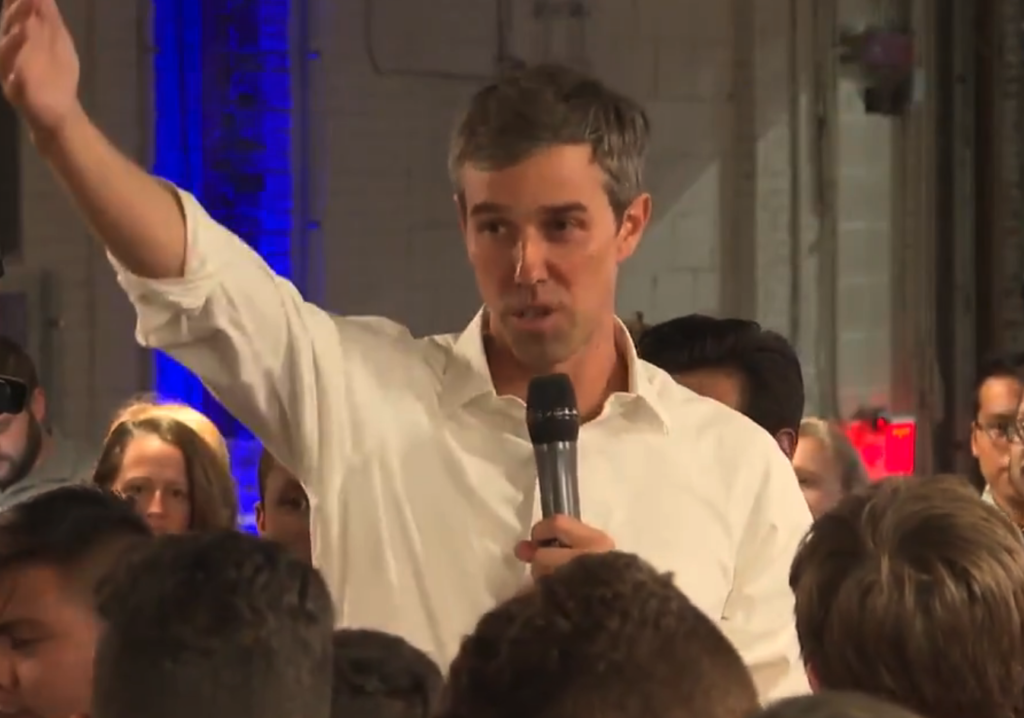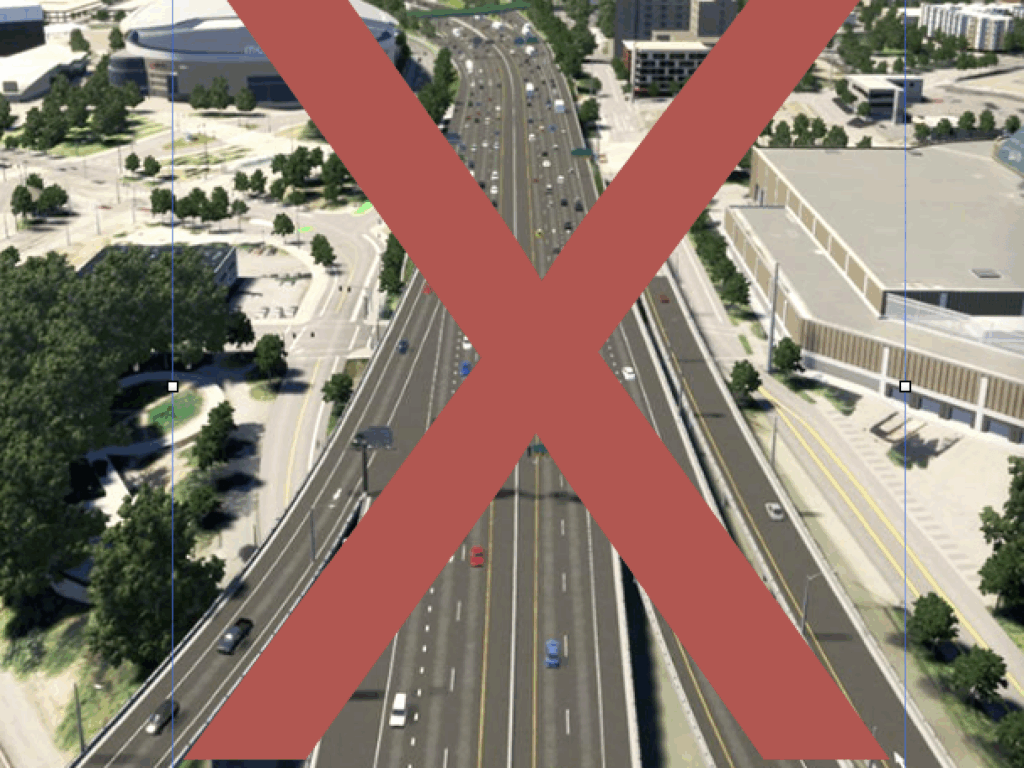Beto O’Rourke brings a strong urbanist, inclusive message to the presidential campaign
The 2020 Democratic presidential race has been remarkable for addressing both climate change and housing policy issues that have long been ignored. For example, as the Brookings Institution’s Jenny Schuetz has chronicled, several of the candidates have stated policy positions on improving housing affordability, and an entire multi-hour town hall was devoted to the climate crisis.
While this is a positive development, some of the proposals, especially on climate change, have been a bit tone-deaf from an urbanist perspective: it’s all alternative fuels and electric vehicles, rather than giving much thought as to how we build greener (and more just) communities, where maybe, just maybe, we’re not so reliant on private automobiles.
That’s why we were delighted to hear a recent comment from Beto O’Rourke, who offered what is perhaps the most comprehensive statement of inclusive urbanist principles, and who links clearly the ideas of building more dense, inclusive communities and fighting climate change.

Beto’s also offered an unequivocal argument for greater economic integration. Here’s an excerpt:
Here’s a tough thing to talk about, though we must: Rich people are going to have to allow or be forced to allow lower income people to live near them, which is what we failed to in this country right now.
We force lower income working americans to drive one, two, three hours in either direction to get to their jobs, very often minimum wage jobs and they’re working two or three of them right now.
What if, as we propose to do, we invested in housing that is closer to where we work, very often mixed income housing–where the very wealthiest are living next to those who are not the very wealthiest in this country–to make sure that they can both afford the same public schools? That we really have that as a place in this divided country can come together without regard to your income or your race, or your ethnicity or any other difference that should not matter right now.
What if we invested–as we propose to do in high speed rail and in transit in all of our cities–to make sure that if you do not have a car or do not want to use a car, you will need to have one or you will not not be penalized for not having one right now.
So, having cities that are smarter, that are denser, that have people living closer to where they work and where there families are, to reduce our impact on climate change and greenhouse gas emissions, but also to improve the quality of life in these built environments, that’s an extraordinary opportunity.
It’s an exciting and encouraging development to see this position advanced as part of the debate over who should be America’s president. For too long, these issues have languished out of the national agenda. We hope other candidates will weigh in on these issues.
Hat tip to CBS News Reporter Tim Perry (@tperry518) for the link to this video.

